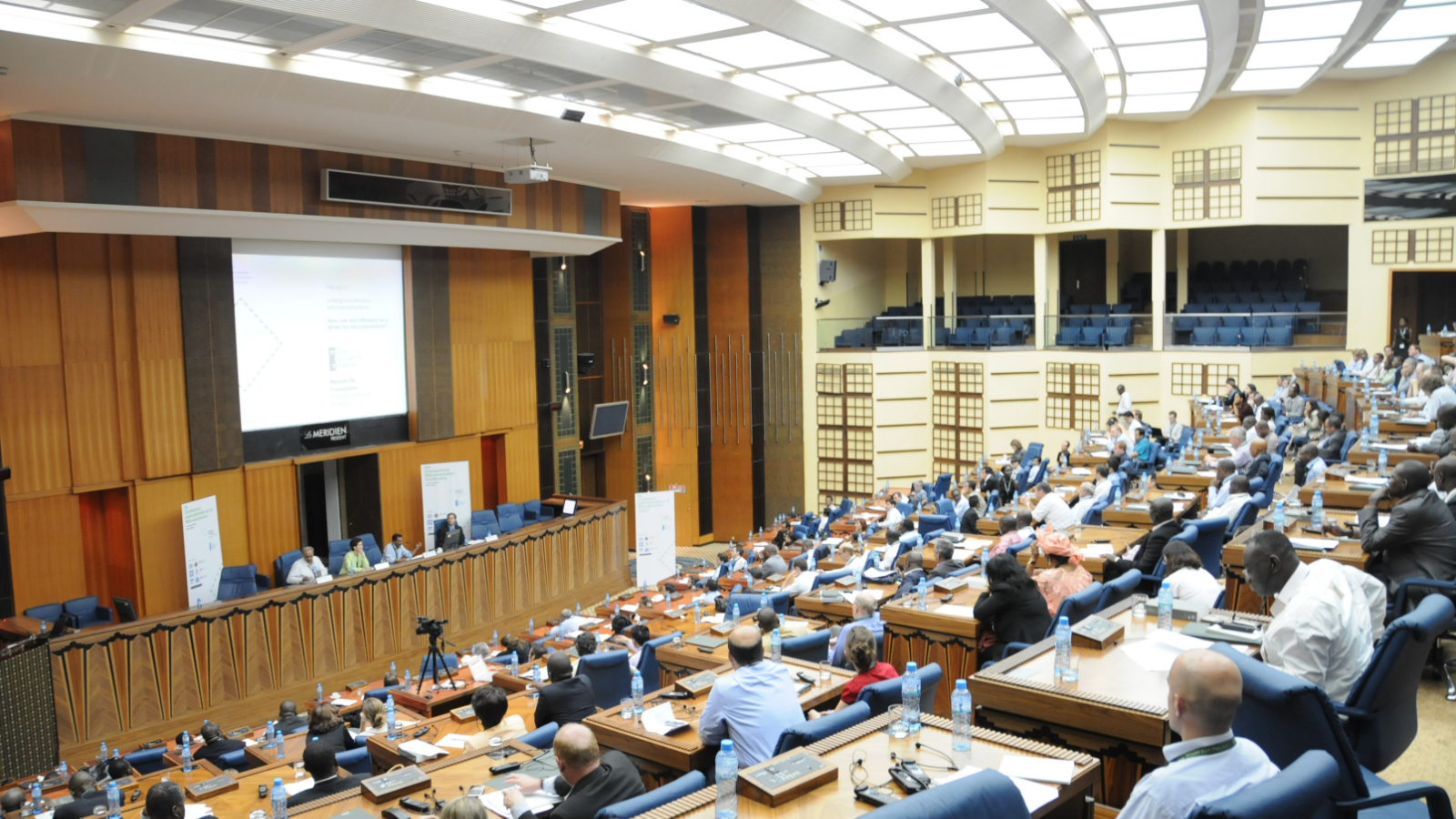Contact us: info@ict.cybersecurity.senate.gov.ng
INTRODUCTION
The rapid advancement of digital technology has reshaped governance, commerce, security, and societal interactions. However, this progress has also given rise to increasingly sophisticated cyber threats. In recent years, Nigeria has witnessed a surge in cyber-related crimes, including direct attacks on critical national information infrastructure. To effectively combat these evolving threats, legal frameworks must be dynamic, keeping pace with technological advancements while aligning with international obligations.

Recognizing gaps in the existing legislation and the need for a stronger legal response, Nigeria made an initial attempt at amending the Cybercrimes (Prohibition, Prevention, ETC) Act in 2024 while undertaking a comprehensive review of the cybercrime legal framework. Also, in line with the provisions of the extant law, the President made on order for the designation and protection of Critical National Information Infrastructure.
The comprehensive review of the legal framework commenced as legislative reforms effort following Nigeria’s accession to the Budapest Convention and in a bid to bring the legal framework in alignment with regional and international standards and reflecting Nigeria’s international obligation under relevant treaties including those on International Human Rights.
Accordingly, in September 2024, a legislative roundtable was held in Lagos in partnership with the Council of Europe, Nigeria Identity for Development Project (ID4D), Federal Ministry of Justice and the Senate Committee on ICT & Cybersecurity It brough together members of the relevant committees at the Senate and the House of Representatives as well as other key stakeholders including the African Union and the Private Sector. This was the first-of-its-kind meeting, bringing legislators and other stakeholders to dialogue and influence the law-making process from an informed position.
As a follow-up to the 2024 legislative roundtable discussion and in line with the approved road map for a comprehensive review of the cybercrimes legal framework, taking on a whole-of-government (WoG) and whole-of-society (WoS) approach, the Government of Nigeria through the Senate Committee on ICT & Cybersecurity in collaboration with the Federal Ministry of Justice, Office of the National Security Adviser and other key Government Ministries, Departments and Agencies (MDAs) is convening a Legislative-Stakeholders Summit on Digital Technology, Cybercrime and Cybersecurity in June 2025.
The summit is designed to be a comprehensively engaging, multi-sectoral, and globally inclusive dialogue on emerging trends among other things and with the primary goal of strengthening collaboration, promoting innovation and cyber building resilience.
The goal is to develop robust digital policies, strengthen cybersecurity frameworks, enhance cybercrime management strategies, and foster national and international collaboration to secure Nigeria’s digital future.
OBJECTIVES
- Enhance Cybersecurity Awareness and Capacity Building – Strengthen national cybersecurity capabilities by fostering awareness, developing expertise, and integrating best practices into governance and institutional frameworks.
- Promote International Collaboration and Public-Private Partnerships – Facilitate engagement between Nigerian legislators, global cybersecurity stakeholders, and industry leaders to drive cooperation, policy innovation, and investment in cybersecurity resilience.
- Develop a Strategic Framework for Cybersecurity Governance – Identify practical solutions through case studies and expert analyses, shaping policies that enhance cybersecurity infrastructure, data governance, and digital safety.
- Enhance Cybercrime Prevention, Investigation, and Prosecution – Strengthen the criminal justice response to cybercrime by equipping law enforcement, prosecutors, and judicial officers with the necessary tools, legal frameworks, and cross-border cooperation mechanisms to effectively combat cyber offenses. A draft of the proposed bills on cybercrime and cybersecurity will be presented for discussion.
- Strengthen Nigeria’s Cybersecurity Ecosystem – Build a sustainable and adaptive cybersecurity landscape by leveraging local expertise, global insights, and cross-sectoral collaboration.
- Document and Institutionalize Best Practices – have a publication capturing key insights, recommendations, and actionable policy directions to guide national cybersecurity and cybercrime efforts.
EXPECTED OUTCOMES
- Strengthened Cybersecurity Framework and Governance – Enhanced policies, regulations, and institutional strategies to improve Nigeria’s cybersecurity resilience and digital safety.
- Increased Collaboration and Stakeholder Engagement – Stronger partnerships between government, private sector, and international cybersecurity stakeholders to drive innovation, capacity building, and policy implementation.
- Enhanced Cybercrime Response and Criminal Justice Efficiency – Improved legal frameworks, investigative capacities, and prosecutorial strategies to effectively prevent, detect, and prosecute cyber-related offences, ensuring a more robust and coordinated approach within the criminal justice sector.
- Insights for Policy and Legislative improvement – A published journal documenting key discussions, expert recommendations, and strategic roadmaps to inform national cyber policies and legislative reforms.
ORGANIZERS & COLLABORATORS
The Senate Committee on ICT & Cybersecurity is the principal convener of this summit, in collaboration with the Federal Ministry of Justice, the Office of the National Security Adviser, the Nigeria Police Force, National Cybercrime Center (NPF-NCC), the Federal Ministry of Interior, the Federal Ministry of Communications, Innovation, and Digital Economy, the Federal Ministry of Youth Development, and other key stakeholders from both the public and private sectors of Nigeria, as well as international partners.
Target Audience
- Federal and state legislators
- Policymakers and regulatory bodies
- Industry leaders in technology and cybersecurity
- The financial and banking sectors
- Defense and security institutions
- Academia and research institutions
- Civil society organizations and advocacy groups
- Youth and women-focused organizations
- International organisations and diplomatic partners
CONCLUSION
The summit will serve as a pivotal platform for promoting whole-of-government and whole-of-society approach to combating cybercrimes and strengthening cybersecurity. By fostering dialogue among national and global stakeholders, the summit will generate innovative solutions, policy recommendations, and actionable strategies to enhance Nigeria’s resilience against cyber threats and improve digital governance.
A publication capturing the insights, presentations, and resolutions from the summit will be made as a valuable reference to guide policy formulation and strengthen legal reforms.
Abuja, FC 900108
Nigeria
